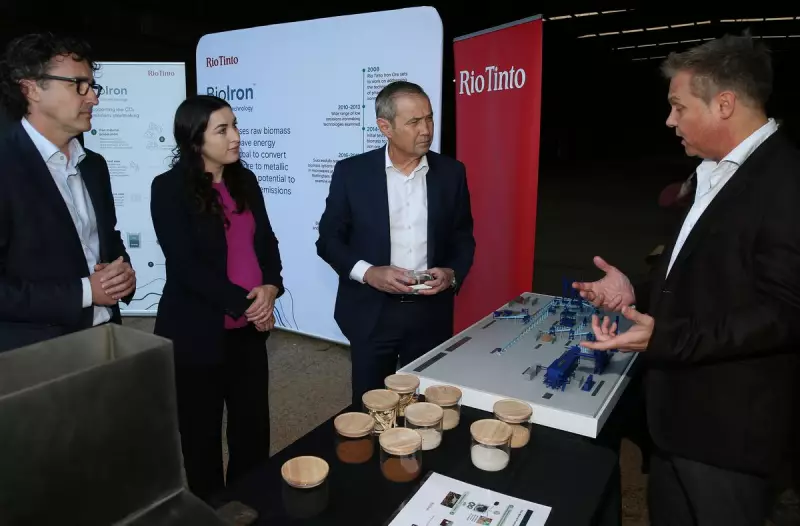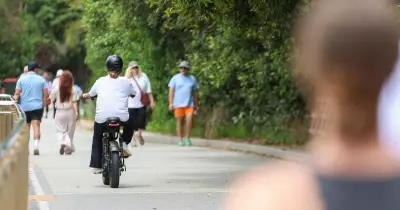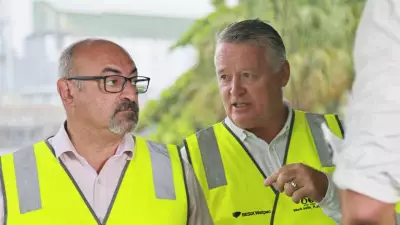
Mining giant Rio Tinto has suspended its ambitious $215 million BioIron pilot plant in East Rockingham, just 18 months after committing to the groundbreaking low-carbon iron production facility.
BioIron Project Put on Hold
The company announced on Monday that it would pause development of the BioIron trials, which had been scheduled to begin operations by 2026. The innovative project aimed to use agricultural waste and solar-powered microwave energy to convert Pilbara iron ore into metallic 'green' iron for steel production.
Rio Tinto stated that the current furnace design requires additional development to minimise technical risks and optimise performance. The decision represents a significant shift from the company's previous plans to establish the facility in Perth's southern suburbs next year.
New Partnership with Calix Emerges
Instead of the BioIron plant, the East Rockingham site will potentially host Calix's Zero Emissions Steel Technology demonstration plant, nicknamed Zesty. Rio Tinto has entered a joint development agreement and will contribute at least $35 million toward building the alternative green iron facility.
The Zesty project has already secured $45 million in Federal Government funding, though a final investment decision isn't expected until next year. There remains no guarantee the demonstration plant will proceed to construction.
Western Australia's Green Steel Vision
Premier Roger Cook expressed strong support for the new direction, describing locally made green iron as a key part of his vision for Western Australia to become a renewable energy powerhouse.
"Coupled with my government's recent announcement that government will take an 'if not, why not' approach to green steel procurement on major government projects, the Zesty green iron demonstration plant will support our efforts to diversify WA's economy," Mr Cook stated.
The East Rockingham location positions the potential Zesty facility minutes away from the NeoSmelt project, which is set to become the world's largest electric ironmaking furnace. The NeoSmelt consortium includes steelmaker BlueScope, mining majors Rio Tinto and BHP, plus energy companies Woodside and Mitsui.
Feasibility studies for NeoSmelt are currently underway, with a final decision expected next year. The project aims to produce 30,000 to 40,000 tonnes of molten iron annually from 2028, suitable for basic oxygen furnace steelmaking processes.
Rio Tinto iron ore chief executive Matthew Holcz emphasised the company's ongoing commitment to low-emissions steel solutions, stating: "The world needs low-emissions steel if it is going to decarbonise, and we continue to look at a range of ways Pilbara iron ores can help to do this as new technologies emerge."
Despite the BioIron pause, Rio Tinto confirmed it would continue working with the University of Nottingham and Metso to advance the technology's potential while pursuing the Zesty partnership with Australian company Calix.






